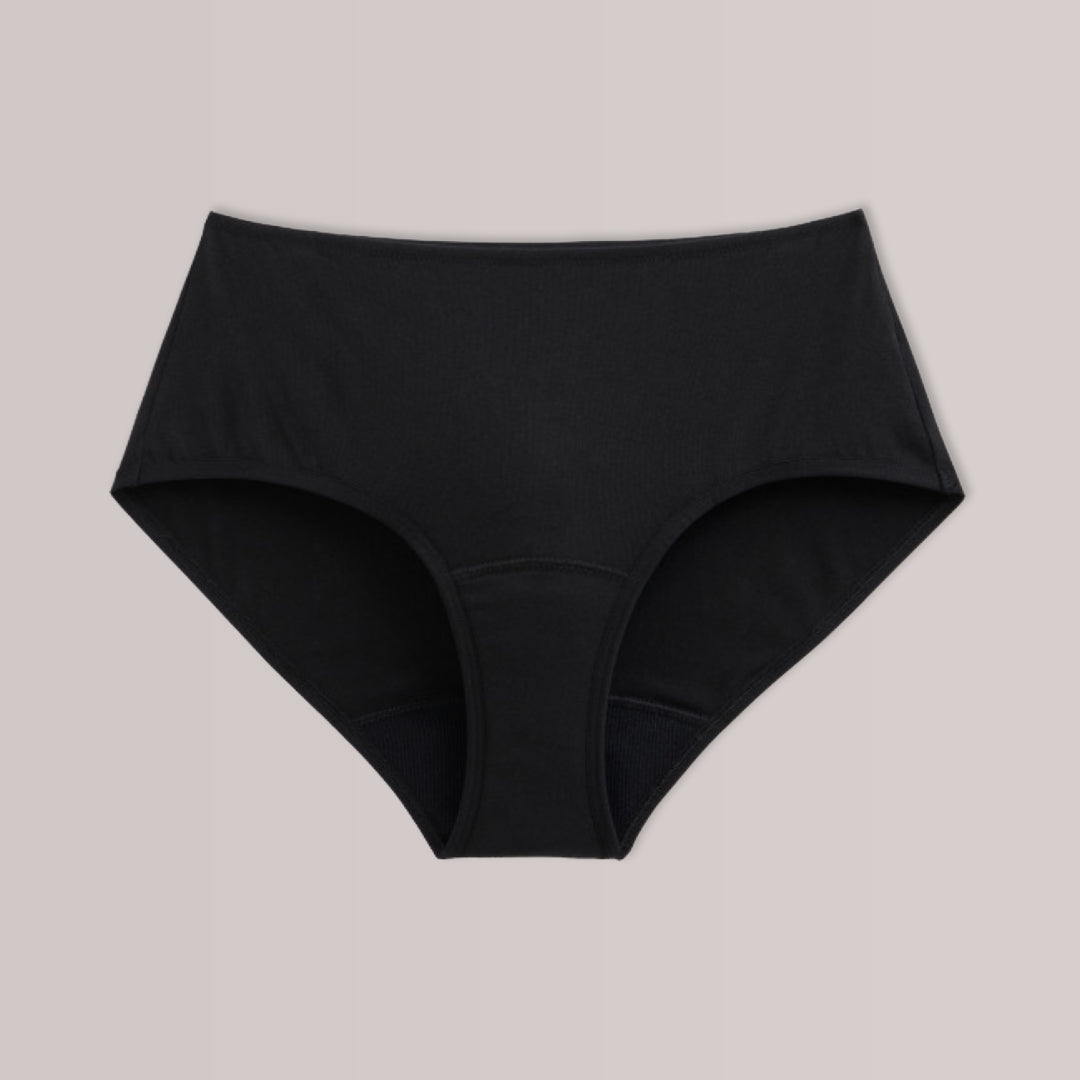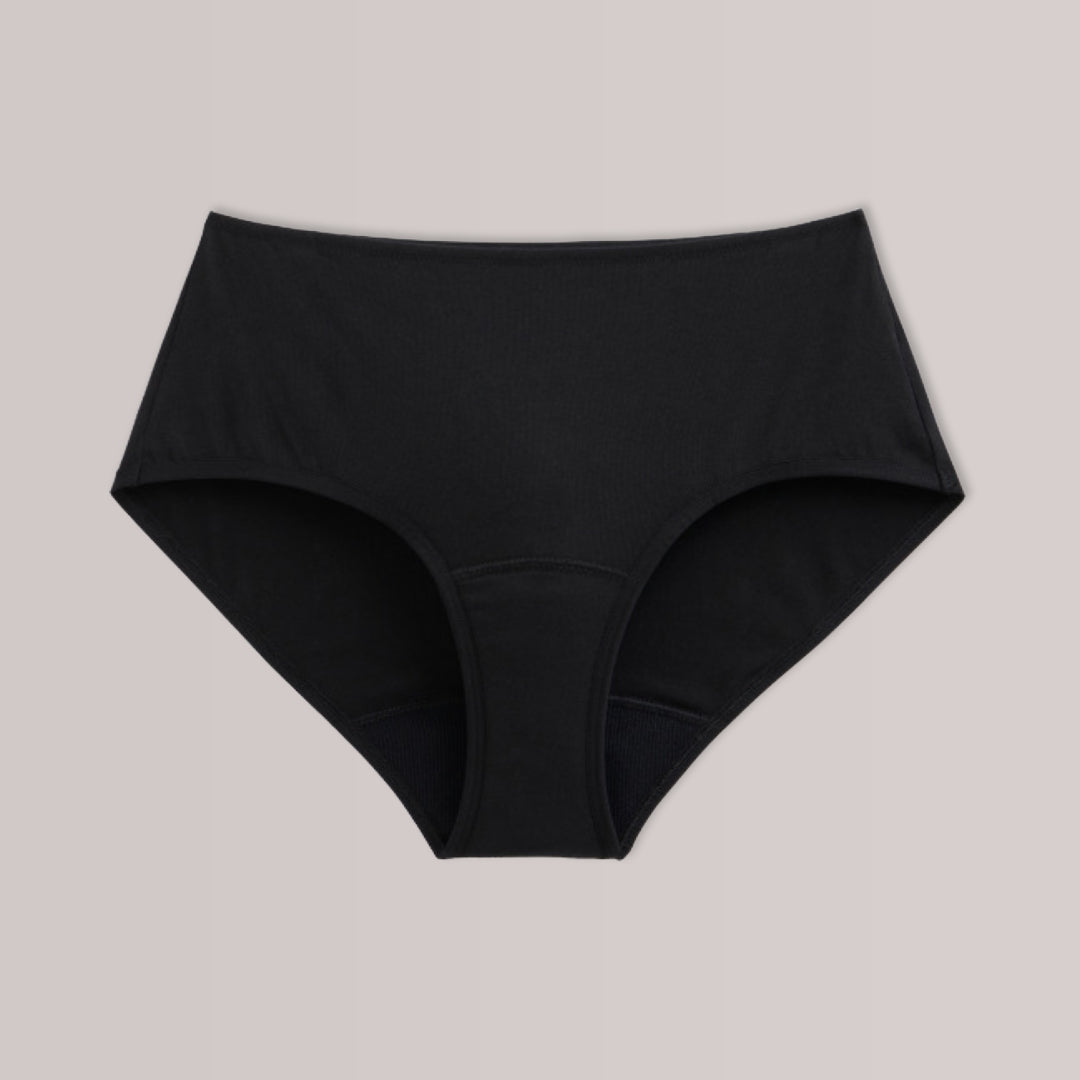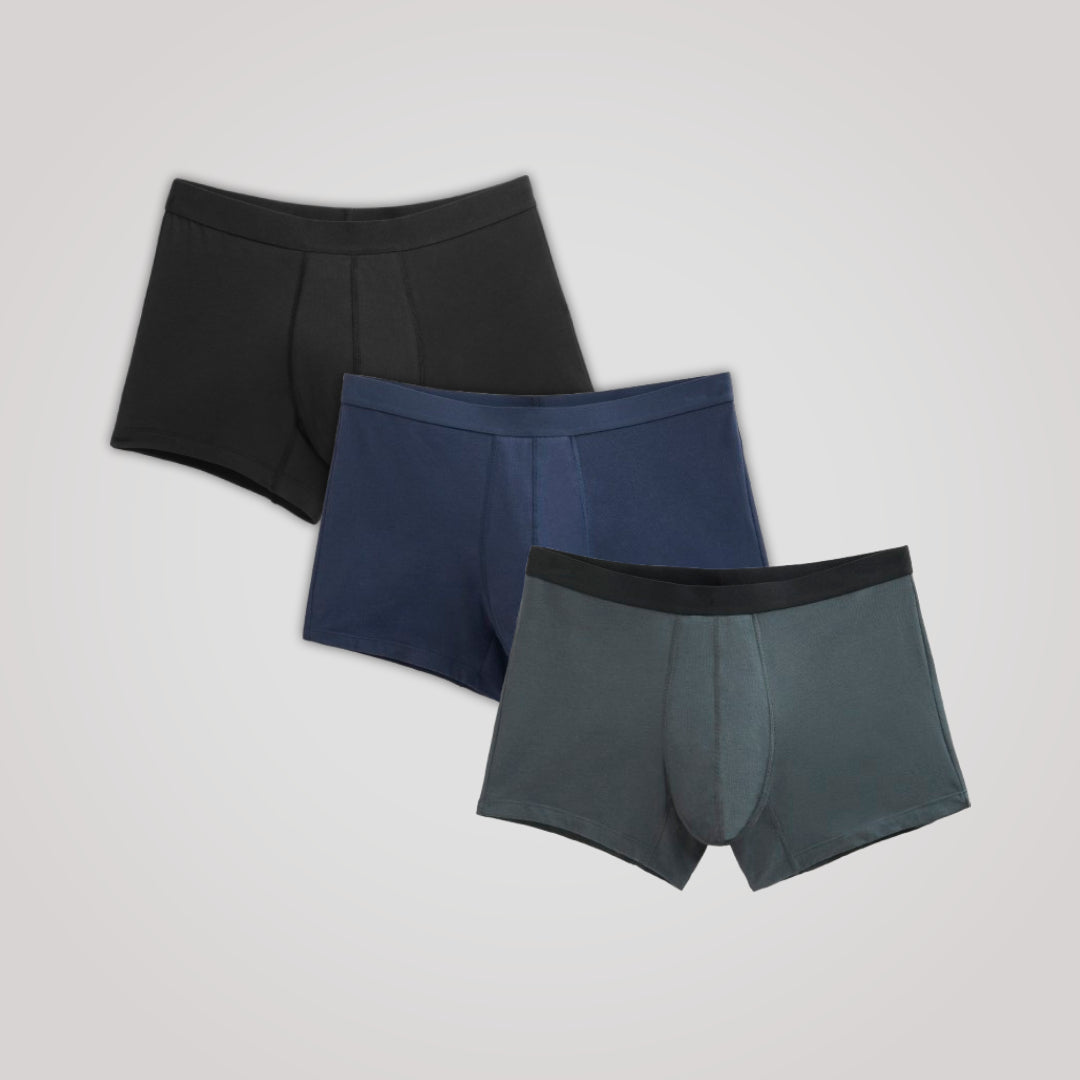Bladder problems in men: you're not alone
Urine leakage happens to 1 in 4 men* making it a very common occurrence. Naturally, urinary leakage differs from man to man but regardless if you're dealing with just a few drops every now and then or you're dealing with frequent urinary urgency, you can rest assured in knowing that there's help available and there are ways to help you stay in control of urine leakage.
* Based on survey conducted by Essity in 2012, with men over 40 in the US, UK, Germany, Italy, Russia and Mexico by Essity. Data on file not published.
What are the causes of male incontinence?
For the urinary system to do its job, the brain, muscles and nerves need to work together to hold the urine in the bladder and not release it until you are ready. However, there are many factors that can interfere with this process and cause bladder problems in men.
Common causes for male incontinence include:
- Medication, for example diuretic medications can increase the risk of urine leakage.
- Urinary tract infections.
- Temporarily weakened muscles due to prostate surgery.
- Changes in prostate size, for example a swollen prostate can obstruct urine from passing.
- Being overweight puts extra pressure on abdominal and pelvic muscles, which makes it harder to avoid urine leakage.
- Diabetes or neurodegenerative diseases (Alzheimer's for example).
As you can see, the cause of male incontinence can depend on many factors. Therefore, it's important to get a good assessment of your particular situation so you can get the right treatment. We'd recommend seeking a proper diagnosis from your doctor.
Common types of male incontinence
Below are some descriptions of the common types urinary incontinence in men. That being said, it’s always better to consult a doctor if you think you might be suffering with incontinence. If you’re interested in learning more about how this condition can affect both men and women, you can read our guide to types of urinary incontinence in adults.
-
Urge incontinence
Urge incontinence is also known as an "overactive bladder" and it's the most common type of urine leakage in men. Urge incontinence is when you experience a sudden urge to urinate but can't hold it in until you reach a toilet. You may need to urinate more than 4 to 8 times a day, as well as several times during the night. This is often linked to an enlarged prostate or the aftermath of prostate surgery.
-
Stress incontinence
If coughing, sneezing, laughing or lifting heavy weights usually results in urine leakage, you may be dealing with stress incontinence. Male stress incontinence is most common in those who've recently had prostate surgery.
-
Dribbling after urination
'After dribble' is when a few drops of urine leak after you've been to the toilet, even if you've 'waited and shaken'. There are two types of after dribble men experience; post-micturition dribble and terminal dribble. After dribble happens because the bladder doesn't empty completely while you urinate. Instead, the urine accumulates in the tube leading from your bladder. Common after dribble causes are an enlarged prostate or weakened pelvic floor muscles. To strengthen those pelvic floor muscles, be sure to read our guide to pelvic floor exercises for men.
-
Overflow incontinence
If you have a constant or intermittent flow of urine you might be dealing with overflow incontinence. For men, this is usually caused by something obstructing the flow of urine, causing the bladder to overflow and then leak.
Experiencing urinary incontinence is nothing to be ashamed of. There are many treatments for urinary incontinence in men, from medications to simple lifestyle changes. Talking about urine leakage can seem embarrassing, but the key to finding a solution is to speak to your closest friends and family or a doctor.













